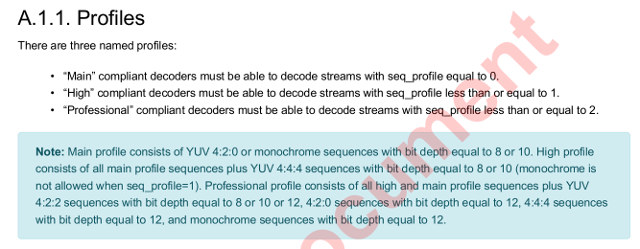AOMedia’s AV1 video codec is an open source, royalty-free video codec aiming to surpass H.265 capabilities, and considering the savings to be made, as no royalties need to be paid, and potentially lower bandwidth requirements, many companies are on board including Google, Arm, Facebook,. Amazon, Apple, Intel, Cisco, and many others.
Back in February we got an AV1 progress update at FOSDEM 2018, and the speaker explained there was still a few items to work out to finalize the specifications. This is now complete, as AOMedia (The Alliance for Open Media) has just released the (draft) specifications.

Beside the Bitstream specification, the AV1 release includes:
- Unoptimized, experimental software decoder and encoder to create and consume the bitstream
- Reference streams for product validation
- Binding specifications to allow content creation and streaming tools for user-generated and commercial video
AV1 has already been shown to outperform both H.265 and VP9 in tests using PSNR (Peak signal-to-noise ratio) as a metric.
Now there’s still a lot of work to before we end up with AV1 capable TV boxes or smartphone, SoC vendor will have to implement it into their chip, tape then out, and manufacturers will have to design products around them. Content provider will in turn release videos with AV1 codecs, so this may well take 2 or 3 years before AV1 becomes more common. We’ll probably see it first on PC, but the decoder (and encoder) still needs to be optimized.
You’ll find the specification and other resources on AOMedia website.
Thanks to QuackyQuacky1 for the tip

Jean-Luc started CNX Software in 2010 as a part-time endeavor, before quitting his job as a software engineering manager, and starting to write daily news, and reviews full time later in 2011.
Support CNX Software! Donate via cryptocurrencies, become a Patron on Patreon, or purchase goods on Amazon or Aliexpress




